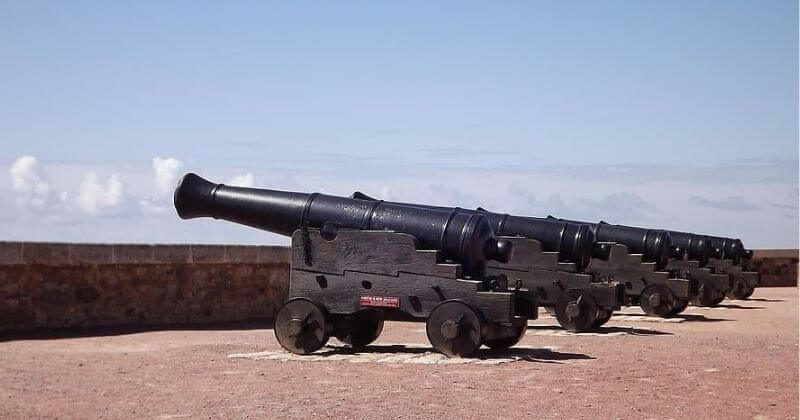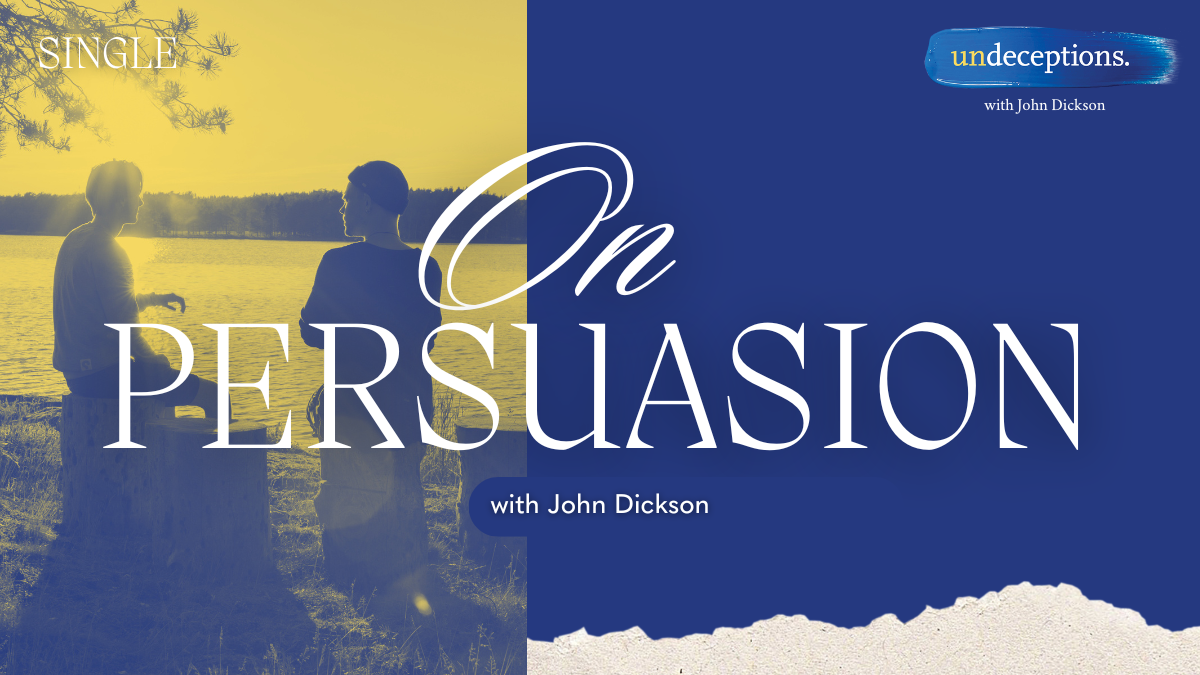Probably Jesus’ most famous speech is the one in Matthew 5-7, the so-called ‘Sermon on the Mount’. It opens with a kind of grammatical drumroll, using 7 verbs in a row to build up to the opening words of the Messiah. It literally reads:
Seeing the crowds, he ascended the mountain. And sitting down, his disciples came to him. And so opening his mouth he taught them, saying [Matthew 5:1-2]
The effect of this is to slow things down, so that we concentrate on Jesus’ opening words. And those opening words are about humility, meekness, peacemaking, and accepting violence not dealing it out. The very first statement is about spiritual bankruptcy and sorrow:
Blessed are the poor in spirit, for theirs is the kingdom of heaven
Blessed are those who mourn, for they will be comforted [Matthew 5:3-4]
It’s a remarkable opening couple of lines, what’s perhaps the richest ethic ever preached opens by calling on us to acknowledge that we are morally and spiritually poor. More than that, we are to mourn the fact that we are a fallen people in a fallen world.
Despite the drumroll leading up to the Sermon on the Mount there is no triumphalism here from Jesus. In fact, much of what Jesus says next seems to be aimed against the triumphalist longings of some of his fellow Jews in the first century. Many saw the Romans as the ‘big problem’ and the ‘big solution’ was violent revolution. Aimed at expelling the pagan overlords and leaving the holy land in the possession of the pure. There’s a text called the ‘Psalms of Solomon’, it was written just a generation before Jesus, shortly after the Romans took over Israel, and it captures perfectly this revolutionary spirit:
The kingdom of our God is forever over the nations in judgment. See, oh LORD, and raise up for your people their king, the son of David. Undergird him with the strength to destroy the unrighteous rulers. To purge Jerusalem from gentiles. To smash the arrogance of sinners like a potter’s jar. And their king shall be the Lord, Messiah. (PoS 17)
But the Lord Messiah we’re introduced to in the gospels speaks of being poor in spirit, and mourning, and then he adds these famous words:
Blessed are the meek, for they will inherit the earth
Blessed are the peacemakers, for they will be called children of God [Matthew 5:5, 9]
The fans of the Psalms of Solomon might have scratched their heads at this point. Jesus is saying that those who will get back the land aren’t the ones willing to shed Roman blood, it’s the meek, those who refrain from brute force. When Jesus says the ‘peacemakers’ are the true children of God, he isn’t advocating a Roman style peace, the peace that crushes enemies into silence. Rather, he must mean avoiding conflict, and more than that, seeking to establish harmony and mutual flourishing at all costs.
So, the pacifists are right, right? At one level, yes. The goal of God’s people is to enact peace in the world, and they are forbidden to try to extend God’s kingdom in the world through force. Charlemagne does not get a free pass. Yet, it is also true that Jesus celebrated a military victory when he attended the temple for the Hanukkah festival in John 10. This festival was all about the Maccabean war against the Greek tyrant Antiochus IV Epiphanes. Jesus also met Roman centurions, and, just like John the Baptist before him, didn’t even hint that their role as soldiers was problematic. Luke 14 Jesus speaks positively of wise war preparations, as a good analogy of counting the cost of following him. And in Luke 22, just before his own arrest, he actually tells his disciples to buy a sword. Not to defend him, but I take it he wanted them to be able to defend themselves.
The only weapons Christ has given the church to do the work of the church are prayer, service, persuasion.
None of this makes sense if Jesus was a strict pacifist. It fits better with the teaching of the Apostle Paul in Romans 12 and 13. In Romans 12 he insists that Christians can never further their own cause, or the cause of God’s kingdom, by violence, only by love. But then in Romans 13 he concedes that deadly force may be used by authorities to defend the public good, and restrain public evil. This does not take away the central call of the sermon on the mount, Christian’s must seek peace above all else. They must never try to extend Christian influence or God’s kingdom through force. The only weapons Christ has given the church to do the work of the church are prayer, service, persuasion.
By John Dickson
The Sermon on the Mount
Want to hear the rest of the episode?
Check out episode 55: “Just War”















































